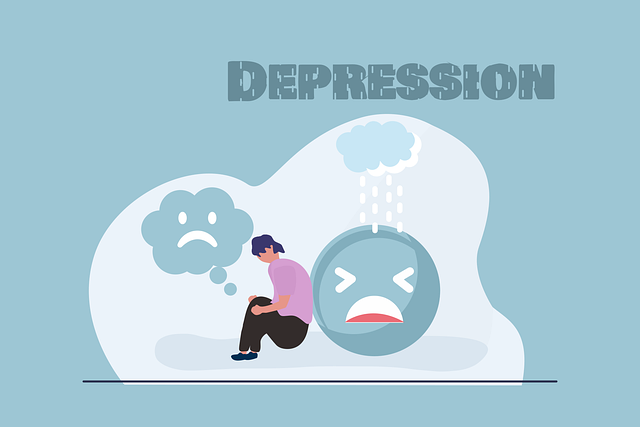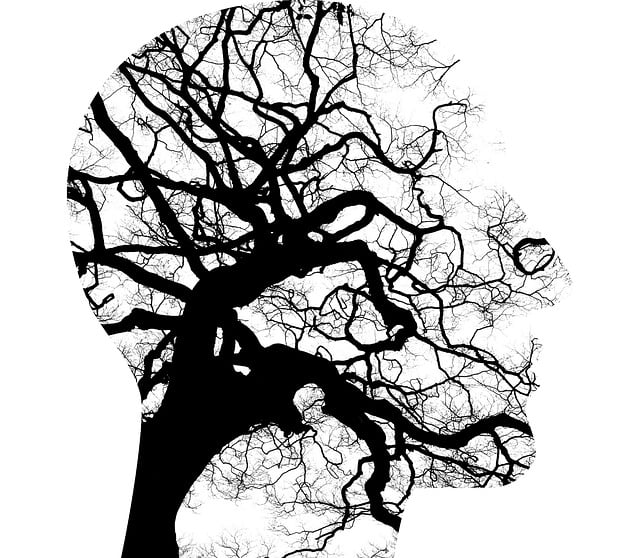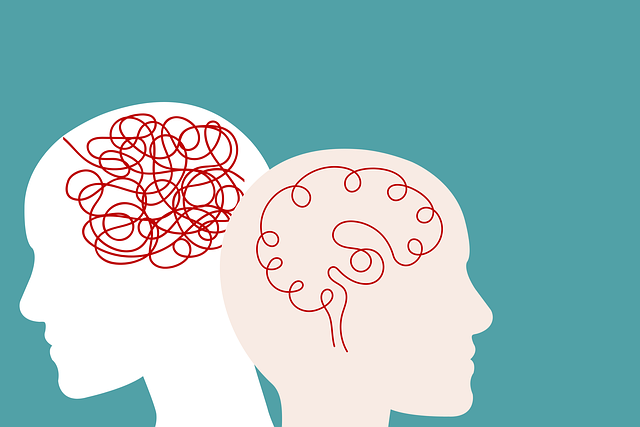Anxiety among young children in Hebrew-speaking communities is a growing concern influenced by cultural norms, family dynamics, and environmental factors. Early recognition and tailored therapy are crucial. Hebrew-speaking parents can promote mental wellness through techniques like journaling, empathy-building strategies, and mindfulness meditation. Cognitive Behavioral Therapy (CBT) is an effective structured approach, focusing on changing negative thought patterns. Mindfulness and relaxation techniques, coupled with compassion cultivation practices, enhance self-awareness and emotional regulation. Structured stress management workshops tailored to cultural needs offer crisis intervention guidance, teaching children coping mechanisms and empowering them to manage anxiety and improve mental health.
Anxiety in children is a growing concern, especially within Hebrew-speaking communities. This article offers a comprehensive guide to managing anxiety through evidence-based approaches tailored to these families. We explore various techniques, including Cognitive Behavioral Therapy (CBT), mindfulness practices, and building resilience, all from a Hebrew-speaking perspective. By implementing these strategies, parents can empower their young ones to navigate anxiety, fostering healthier and happier lives. Discover effective therapy for young children speaking Hebrew and take control of their mental well-being.
- Understanding Anxiety in Young Children: A Hebrew Speaking Perspective
- Cognitive Behavioral Therapy (CBT): A Step-by-Step Guide for Parents
- Mindfulness and Relaxation Techniques for Calming Anxious Kids
- Building Resilience: Strategies to Empower Hebrew Speaking Children with Anxiety Management Skills
Understanding Anxiety in Young Children: A Hebrew Speaking Perspective

Anxiety in young children is a growing area of concern, especially within Hebrew-speaking communities. Recognizing and addressing anxiety at an early age is crucial for fostering healthy mental wellness in children. Many factors can contribute to a child’s anxiety, including cultural norms, family dynamics, and environmental influences. In these communities, where open discussion about mental health may be relatively new, it’s essential to provide guidance and support through therapy tailored to young minds.
Hebrew-speaking parents and caregivers play a vital role in promoting resilience and coping strategies among children. Techniques such as journaling can offer a creative outlet for expressing emotions and fears. Empathy building strategies, coupled with mindfulness meditation exercises, can help children develop self-awareness and learn to regulate their responses to anxious thoughts. These practices not only enhance mental wellness but also strengthen the bond between caregivers and children, creating a safe space to navigate life’s challenges together.
Cognitive Behavioral Therapy (CBT): A Step-by-Step Guide for Parents

Cognitive Behavioral Therapy (CBT) offers a structured approach to managing anxiety in young children, including those who speak Hebrew. This therapy focuses on identifying and changing negative thought patterns that contribute to anxious behaviors. For parents, facilitating this process involves several key steps.
First, parents should create a safe and supportive environment, fostering open communication where their child feels comfortable expressing fears and thoughts. Next, they can help the child identify specific triggers and anxiety-inducing situations. Through simple exercises, like journaling or discussing daily events, children learn to recognize patterns in their thinking. This step is crucial for building cultural competency, as parents can incorporate strategies taught in Hebrew-speaking communities, ensuring therapy aligns with the family’s cultural context. Subsequently, CBT encourages challenging negative thoughts, teaching children healthier ways of interpreting and responding to stressful situations. Lastly, parents play a vital role in reinforcing these skills through practice at home, using empathy-building strategies learned from mental health education programs designed for families.
Mindfulness and Relaxation Techniques for Calming Anxious Kids

Anxiety can significantly impact young children’s lives, but there are effective strategies to help them manage and overcome these feelings. One powerful approach is incorporating mindfulness and relaxation techniques into their daily routines. These practices allow children to develop a stronger sense of self-awareness and emotional regulation. For Hebrew-speaking families, finding culturally sensitive therapy for young children becomes essential.
Mindfulness training can begin with simple activities such as deep breathing exercises and guided visualizations. These techniques teach kids to focus on the present moment, calming their minds and reducing anxious thoughts. Additionally, compassion cultivation practices have shown promise in fostering empathy and kindness, which can help children manage not only their own anxiety but also understand and support peers facing similar challenges. Engaging in regular mental wellness journaling exercises guided by a therapist or utilizing online resources tailored for kids can provide an outlet for expression and promote self-reflection.
Building Resilience: Strategies to Empower Hebrew Speaking Children with Anxiety Management Skills

Anxiety can significantly impact young children’s development, especially those who speak Hebrew at home. Building resilience and empowering them with anxiety management skills is crucial for their mental health awareness and overall well-being. Many Hebrew-speaking families seek therapy for young children to address these issues effectively.
One effective strategy involves providing structured stress management workshops tailored to the cultural needs of Hebrew-speaking communities. These workshops can offer valuable crisis intervention guidance, teaching children coping mechanisms, mindfulness techniques, and emotional regulation strategies. By incorporating age-appropriate activities and games, these sessions make learning about anxiety management fun and engaging for kids. Empowering young individuals with these skills enables them to face challenges head-on and fosters a sense of control over their emotions, contributing to improved mental health outcomes.
Anxiety management techniques, tailored to meet the unique needs of Hebrew-speaking young children, can significantly improve their well-being. By combining strategies from Cognitive Behavioral Therapy (CBT), mindfulness practices, and building resilience, parents can effectively support their kids in navigating anxiety. These approaches, as highlighted in this article, offer practical tools to empower children with coping skills that will serve them throughout their lives. For Hebrew-speaking families, accessing culturally sensitive therapy options ensures a more comfortable and successful journey towards managing anxiety.










